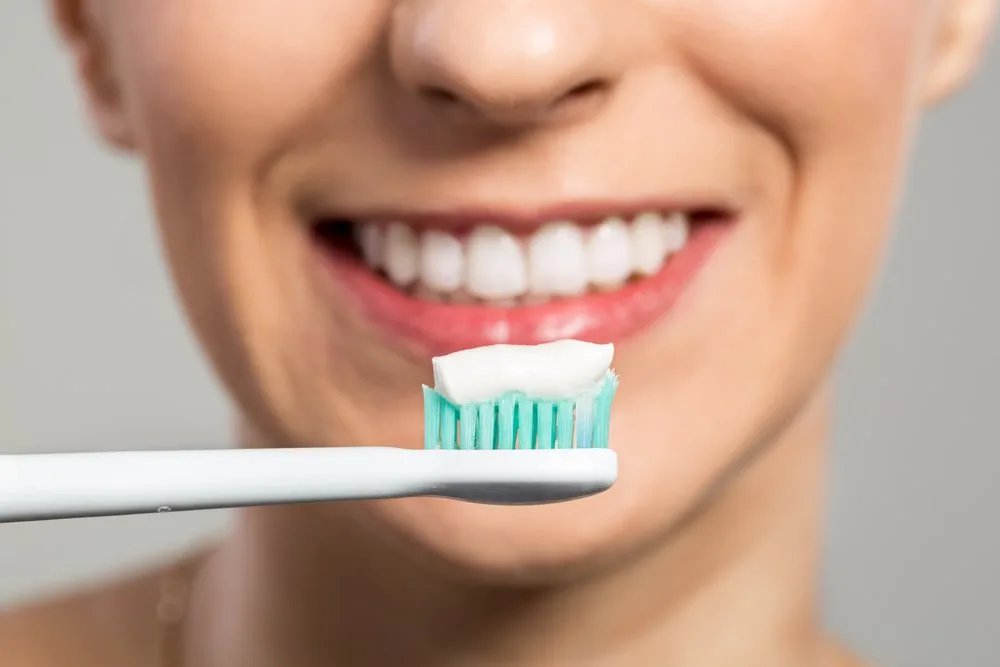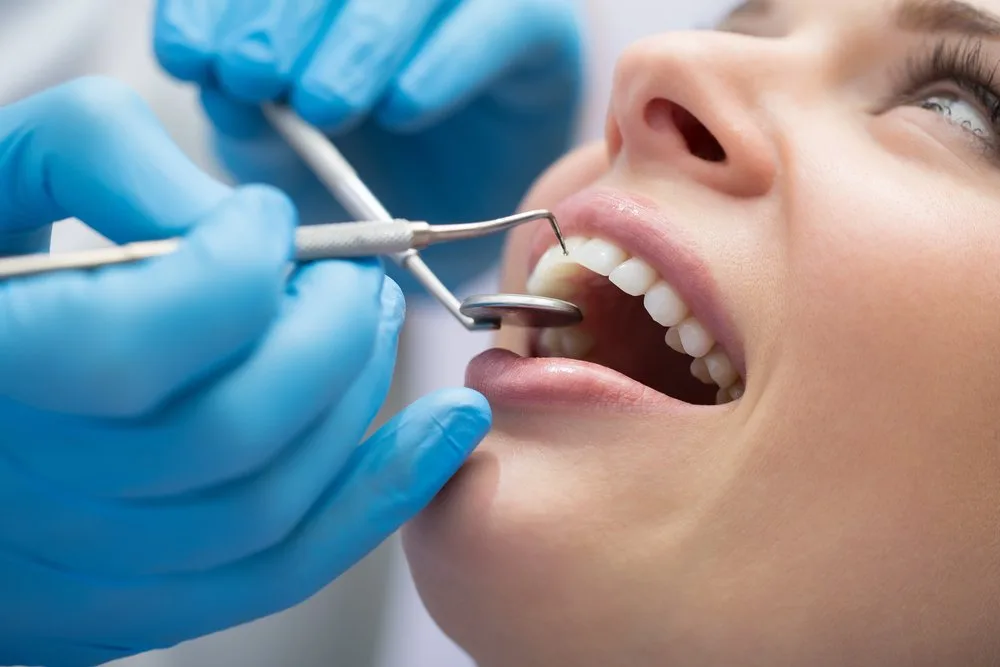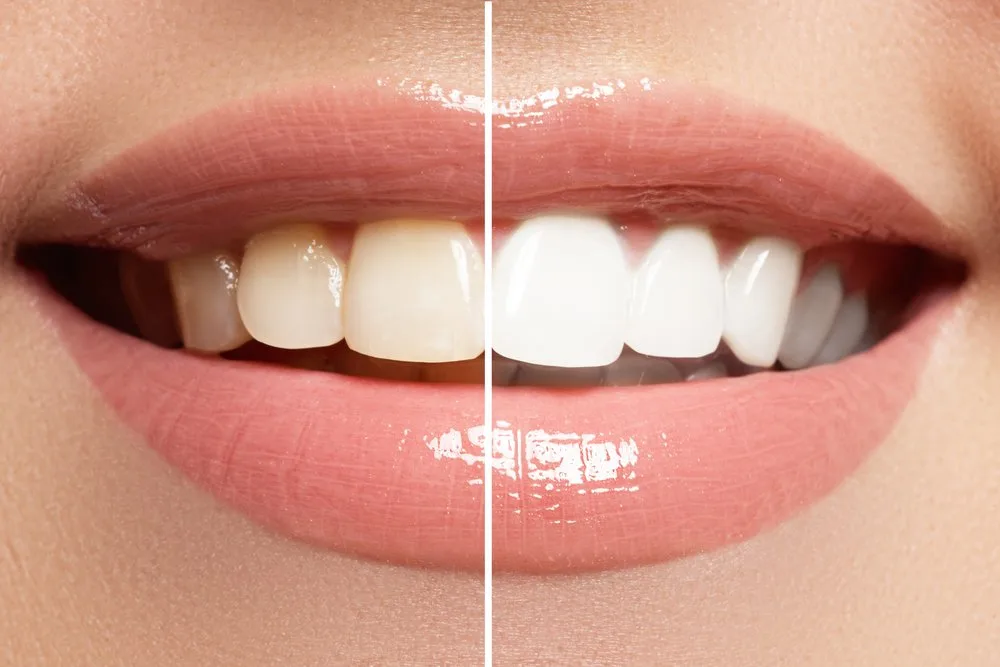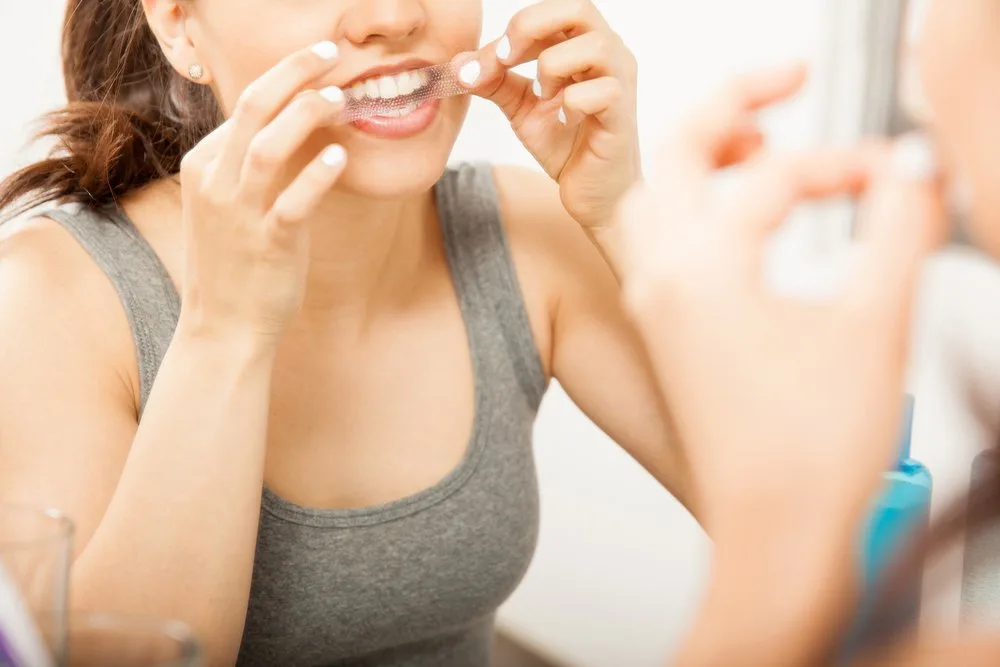According to a study conducted by Wakefield Research, more than a third of Americans are unhappy with their smile. This is a sad reality considering just how much a person’s smile impacts their confidence! The great news is that there are plenty of steps that you can take to improve your smile and take better care of your teeth.
Getting that Hollywood smile
Read on for guidelines on how to get started on your journey to perfect pearly whites.
Visit your dentist for regular check-ups
Arguably the most vital step towards maintaining dental health is to visit a reputable dental practice, such as Gentle Dental Care dental practice in Bromley, for regular check-ups.
Individuals with good dental health and those who are still young can get away with a check-up every 24 months. However, the older you get, and if you have any issues with your teeth or gums, the more frequently you will need to go to the dentist, usually between every six and 12 months, for good measure.
Gum disease
Along with allowing cavities to worsen, one of the most pressing problems associated with neglecting to visit the dentist regularly is the development of gum disease, also known as ‘periodontal disease’. Be sure to keep an eye out for signs such as:
- Red, inflamed gums
- A receding gum line
- Bleeding gums, especially after brushing your teeth or eating
Catching gum disease early is crucial. If left undiagnosed, it can lead to a number of other nasty health conditions and complications, including strokes, heart attacks, diabetes, and more.
Take proper care of your teeth every day
Everybody knows that they should be brushing their teeth at least twice a day and flossing at least once a day. Unfortunately, despite knowledge of dental care best practice, very few people are actually following it.
For example, according to statistics released by the American Dental Association, fewer than one in 10 Americans floss daily, and, based on data collected by Delta Dental, 31% of Americans do not brush their teeth more than once in a 24-hour period.
Good dental health rests heavily on individuals adhering to these dental care guidelines, so it isn’t surprising to hear why so many people suffer from problems with their teeth and claim to have a smile that they do not feel proud of.0
Daily dental care
Along with brushing and flossing on a regular basis, daily dental care should also include:
- Cleaning the tongue: The tongue harbors plenty of bacteria and is often the primary cause of bad breath. It can be sufficiently cleaned with a regular toothbrush or using a tongue scraper.
- Drinking lots of water: Water helps to refresh the mouth and get rid of any accumulating food particles that could result in decay over time.
- Rinsing with mouthwash: Mouthwash is not only for freshening your breath. Experts in dentistry also say that it aids in lowering the amount of acid in the mouth and helps to clean the areas near the gums that are often difficult to reach with a normal toothbrush. Furthermore, mouthwash is also said to play a part in re-mineralizing teeth.
Toothbrush etiquette
Of course, do not forget to replace your toothbrush every three months and to look into your brushing technique every now and again. The best way in which to remove plaque and debris from teeth is to brush in a circular motion and use gentle pressure. Brushing up and down can result in wear and tear and break down enamel while pressing too hard can also cause damage over time.
As such, it is a good idea to steer clear of brushing your teeth when you are feeling stressed or anxious just in case you apply more pressure subconsciously. Always take a deep breath beforehand and pay attention as you brush.
Kick those bad habits
There are many bad habits that not only have a negative effect on your health, but that also have a significant negative impact on your teeth. Examples of these habits are as follows:
Smoking
Smoking is known to stain the teeth an unattractive yellow color. If attended to early enough, these stains can often be polished off by a professional. However, after years of smoking, stains tend to soak further into the enamel and eventually become permanent even if you stop smoking later on. Along with your teeth, smoking can also have a detrimental effect on your gums. It has been linked to receding gum lines and the development of big pockets around the teeth. You are also at a much higher risk of developing gum disease if you smoke. Plus, gum disease is a lot more challenging to treat in smokers.

Drinking alcohol
Most alcoholic beverages, including beer and cocktails, have exceedingly high acidity and contain copious amounts of sugar. As such, they can contribute to the development of cavities, increase the risk of gum disease, and break down your enamel.
Wine is another no-no due to its intense pigmentation and the fact that it has a high tannin content, which can result in staining over the years, particularly if red wine is your drink of choice. While you do not have to eliminate alcohol from your lifestyle completely, most experts advise that you drink it in moderation and think twice when choosing which alcoholic beverages to consume.

Drinking soda
Soda is one of the beverages with the highest sugar and acidity levels, making it absolutely terrible for your dental health. Even though it may sound healthier, fruit juice is an equally bad culprit. Drink sodas and juices in moderation, or better yet, replace them with water.
Drinking tea and coffee
Both tea and coffee are chock full of tannins. This tends to build up quickly on tooth enamel and result in permanent staining. Do your best to stick to no more than two cups a day to keep stains to a minimum.
Eating sugary foods
Sugar is every tooth’s ultimate enemy. When you eat sugar, it combines with the bacteria in your mouth to produce acid. The more acid inside the mouth, the faster that tooth decay takes place. It literally dissolves the enamel to create cavities, which are both painful and unsightly and can bring about serious dental problems further down the line if left untreated.
Teeth whitening
Be careful of whitening products
If you notice stains on your teeth, it is natural to want to do something about it to improve your smile and boost your confidence.
However, it is imperative to note that not all whitening products are created equal! It is much safer to have your teeth professionally whitened by a dentist in order to avoid falling victim to the consequences of using a poor quality whitening product. Here are the different approaches to teeth whitening to be aware of.
Laser whitening
Laser whitening, or laser bleaching, is by far the most technologically advanced approach to returning your teeth to their original pearly color and luster. It involves coating the teeth in a special treatment. This is then followed by using a laser to maximize the results by activating the whitening agent.
Unfortunately, not everyone is a good candidate for this procedure. For example, those with significant tooth damage or decay, or those with sensitive teeth, might need to investigate other options.
Tray bleaching
You can do the tray bleaching yourself at home. Having said that, the results are sure to be far better if you have it done by a dental professional. This is because professional tray bleaching involves creating custom molds for your teeth in order to craft a tray that provides a custom fit to allow the whitening product to adhere fully to every inch of each tooth.
DIY tray bleaching kits, on the other hand, offer a generic fit that could lead to uneven, less noticeable results. DIY kits also put you at risk of gum inflammation.
Teeth whitening strips
Whitening strips are a DIY product. They can offer worthwhile results for people with mild staining who do not have sensitive teeth or gums. The kit includes strips that can be placed along the top and bottom rows of teeth and are left on for a short period of time.
You usually won’t be able to notice a difference immediately after removing the strips. Instead, you will have to wait three or four days thereafter for the product to demonstrate its full effect.
Whitening toothpaste
Although often slightly more expensive than regular toothpaste, whitening toothpaste is an ideal product to use in between other whitening treatments to keep your teeth in pearly condition for longer. Some whitening toothpastes are more powerful than others. That said, you can chat to your dentist if you are keen to try something to help lift stains.

Manage your other health conditions
While tooth decay and gum disease can encourage the development of other health conditions, the reverse is also true. There are also certain conditions that can impact the health and strength of your teeth!
This is why it is just as important to schedule regular check-ups with your family GP as it is to schedule regular check-ups with your dentist. Your doctor will take the time to screen you for a broad scope of diseases and conditions, especially if you have noticed issues with your dental health in recent times.

The link between oral health and chronic conditions
A few examples of health conditions that can have a detrimental impact on your teeth and/or gums include:
- Hypertension: Hypertension puts you at a greater risk of developing gum disease. Also, some medications used to reduce blood pressure can lead to dry mouth and issues with gums. In these instances, your doctor may decide to switch you over to an ACE inhibitor. They will do so to improve your dental health and comfort.
- Diabetes: People who are diagnosed with diabetes are much more likely to develop periodontitis than people who are otherwise healthy. Periodontitis is the most severe form of gum disease. Luckily, controlling your blood sugar can work towards reducing this risk dramatically.
- Kidney disease: Kidney disease is connected to deteriorating dental health in many ways. For example, it is linked to a decline in bone health. This means that the teeth could become weaker and more brittle over time. It also puts sufferers at a higher risk of developing heart disease and hypertension. Both of these increase the chances of poor dental health.
The bottom line
![hand [longevity live]](https://longevitylive.com/wp-content/uploads/2020/02/woman-sitting-and-smiling-1858175-jpg.webp)
The bottom line? Maintaining your dental health and nurturing a beautiful smile doesn’t have to be like pulling teeth! Set up a dental care schedule for yourself, including brushing and flossing every day, and make sure that you stick to it.
Visit your dentist regularly and be stricter about what you eat and drink. After all, in taking better care of your teeth and your health in general, you will already have something worthwhile to smile about — and you can do so proudly!











![women [longevity live]](https://longevitylive.com/wp-content/uploads/2020/01/photo-of-women-walking-down-the-street-1116984-100x100.jpg)











It’s interesting to know that diabetes can amplify the likelihood of getting dental diseases. Both sides of my family have a history with diabetes so I’ve always been wary about the possibility of me having one someday as well. Perhaps I should be more diligent with my own dental care appointments in order to keep my teeth healthy.